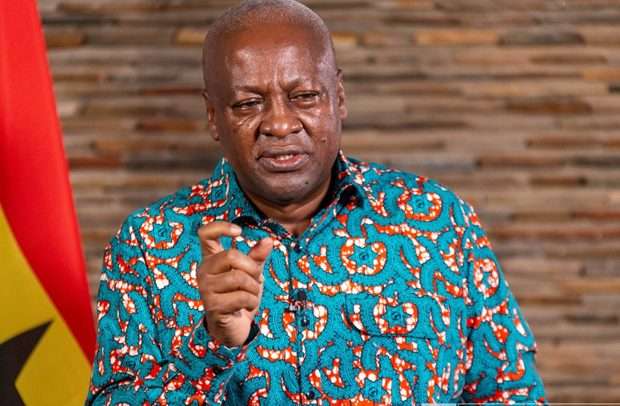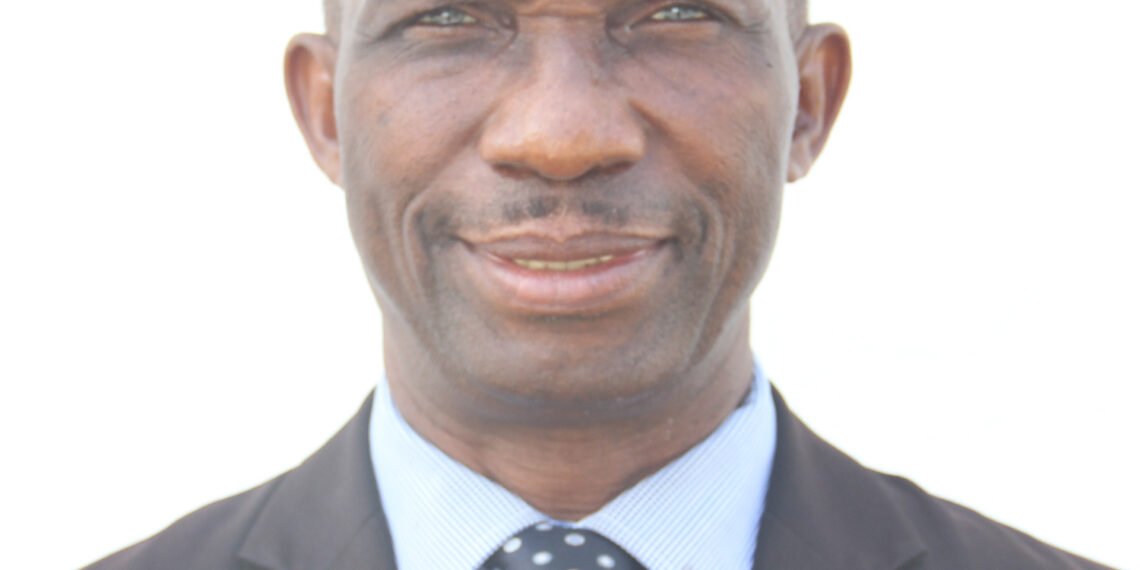Amid ongoing public debate over recent ambassadorial appointments, international relations analyst Dr. Yao Gebe has weighed in on the decision by President John Mahama to replace certain diplomats.
The move sparked criticism from some political figures, including former Deputy Foreign Affairs Minister Charles Owiredu, who expressed concern that career diplomats were being unfairly dismissed and replaced.
However, according to Dr. Gebe, such ambassadorial appointments are deeply rooted in political strategy and are ultimately at the discretion of the sitting administration.
“When it comes to ambassadorial postings or appointments, it depends on the government that is making the appointment, not necessarily the individual.
“Apart from the fact that we have career diplomats working at the Ministry of Foreign Affairs who deservedly are given those appointments, any other appointment is political. Those are the types we call political appointments.”
Dr. Yao Gebe
Dr. Gebe emphasized that ambassadorial appointments are largely shaped by the discretion of the government in power.
According to him, selections are often influenced by an individual’s contributions, their role within the ruling party, or their ability to represent the administration effectively abroad.

While professional experience is a factor, political alignment and academic background also play a role in determining who gets appointed.
He stressed that ideally, candidates who combine all three—political insight, academic credentials, and professional expertise—are considered most beneficial to the country.
He also recognized the significant contributions of long-serving career diplomats, noting that many have spent decades—sometimes 30 or 40 years—in foreign service before receiving ambassadorial or high commissioner postings. “That is to the benefit of the country, and for that matter, this country.”
Ambassadorial Appointments Reflect Government’s Prerogative
Dr. Gebe underscored that political appointments remain legitimate, especially when the individuals chosen possess the necessary experience and qualifications.
He noted that such appointments are not solely based on party loyalty but can also reflect the appointees’ relevant expertise and ability to serve the country effectively.
“Mind you, it also depends on the country they are being posted to. Sometimes, even the language is considered, the religion is considered, political affiliation is considered. So, all these…contribute to the appointment of a particular individual.”
Dr. Yao Gebe

Dr. Gebe recognized the continuing public discussions surrounding the current list of ambassadorial appointees but pointed out that the ultimate authority to make such appointments lies with the government.
He emphasized that while qualifications may be debated, public opinion does not determine who stays or is removed from the list.
Despite political sensitivities surrounding these moves, Dr. Gebe offered a hopeful outlook: “I only pray that the government will continue to do their best for this country in terms of who represents us.”
Dr. Gebe reminded the public that diplomatic appointments involve a significant degree of discretion on the part of the government. “For the last period, maybe the last 20, 30 years, particularly in the Fourth Republic, every government that has come into power has emphasized economic diplomacy.”
He pointed out that to support this agenda, newly appointed diplomats undergo orientation programs designed to help them understand the importance of promoting economic diplomacy as part of their roles.
Mahama’s Envoys Ready with Training
Dr. Gebe further expressed optimism that the newly selected envoys under Mahama would receive the necessary preparation to serve effectively, just as others have in the past.
Drawing on his own experience training incoming diplomats, he explained that such orientation typically takes place prior to their deployment.
According to him, only in exceptional cases—such as emergencies or special circumstances—are diplomats recalled for additional training after they have assumed their posts.

“I’m associated with the training of newly appointed ambassadors most of the time. And this orientation opens them up to appreciate the enormity of their task, where they are going, and the kind of things that they could encounter.”
Dr. Yao Gebe
Dr. Gebe stated that the orientation program also equips newly appointed diplomats with the tools to navigate complex international dynamics and advance Ghana’s interests in their respective postings.
According to him, whether ambassadors are career diplomats or politically appointed individuals, the ultimate objective is their capacity to adapt, grow, and effectively represent the country on the global stage.
Dr. Gebe emphasized that the ability to understand the intricacies of international relations and take appropriate positions is what ultimately defines their success.
On the matter of how long the appointees might serve, he acknowledged that political transitions could shift the diplomatic landscape. While President Mahama’s current term is four years, the direction post-2028 remains uncertain.
Nevertheless, it is customary for new administrations to make ambassadorial changes in alignment with their foreign policy agenda and priorities. “So that shouldn’t be an issue or that shouldn’t be a problem.”




















